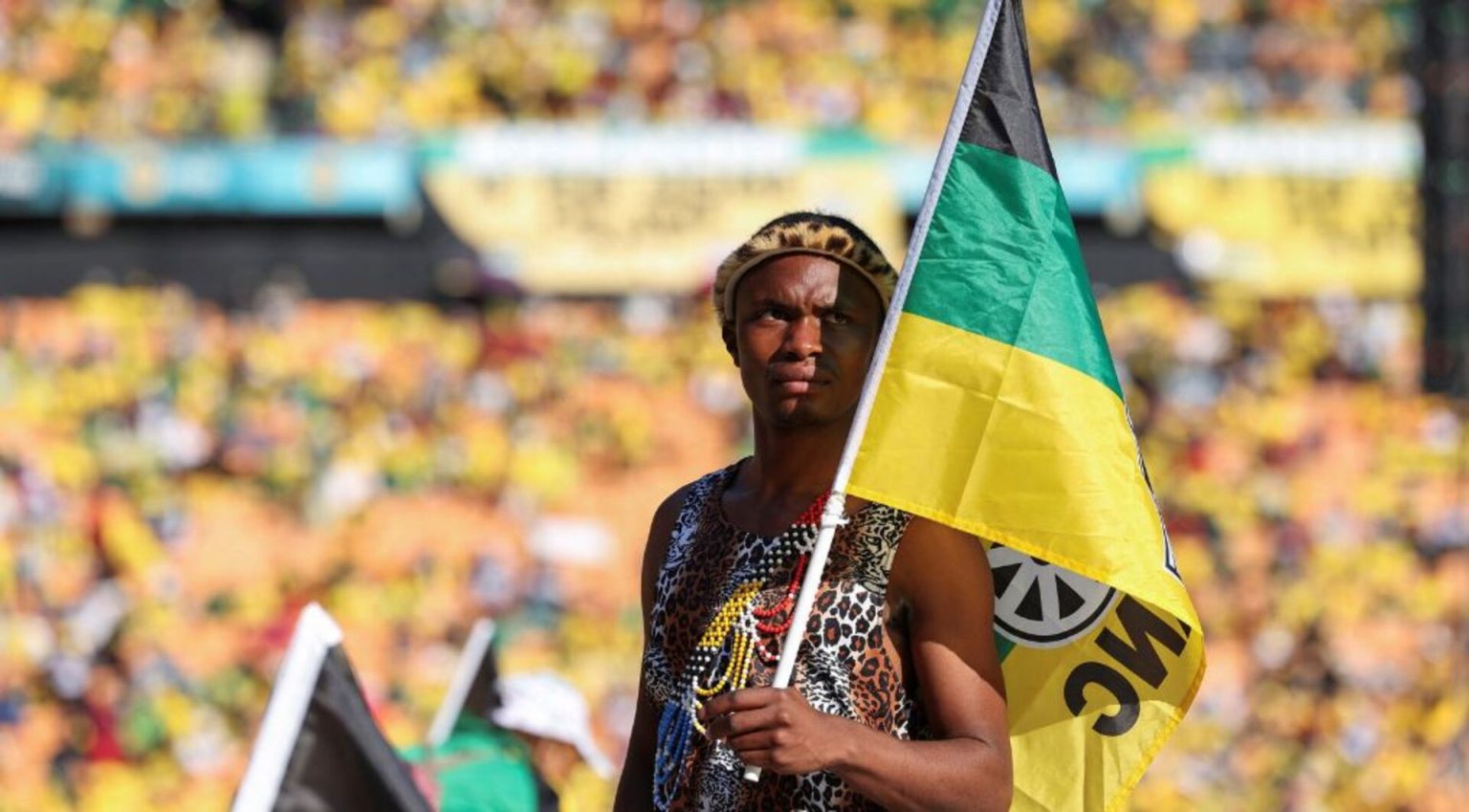The upcoming national election in South Africa presents the governing African National Congress (ANC) with its toughest challenge in 30 years. Despite being in power for three decades, the ANC is facing widespread disillusionment among voters, as high unemployment rates and rising violent crime continue to plague the country. Additionally, rolling electricity outages are negatively impacting businesses, further straining the ANC’s popularity. While still the most popular party, the ANC’s support base is shrinking, raising questions about the future of one-party dominance in South African politics.
The election on Wednesday has the potential to reshape the political landscape in South Africa, with the possibility of rival parties forming coalitions in order to govern. With the ANC’s popularity waning, other parties are vying for power and seeking to attract disillusioned voters. The outcome of the election will be closely watched to see if the ANC can retain its majority or if a coalition government could be formed by opposition parties. This uncertainty reflects the changing political dynamics in South Africa and the need for parties to adapt to meet the demands of the electorate.
Journalist Crystal Orderson and spokesperson for the ANC in Gauteng province, Lesego Makhubela, discuss the challenges facing the ANC and the strategies they are employing to maintain their support base. Opposition MP Nqabayomzi Kwankwa of the United Democratic Movement offers a perspective on how opposition parties are positioning themselves to capitalize on the ANC’s vulnerabilities. The discussions highlight the complex political landscape in South Africa and the potential for a shift in power dynamics following the election.
The ANC’s long-standing dominance over South African politics is being put to the test as voters express their dissatisfaction with the current state of affairs. The ANC’s track record in addressing key issues such as unemployment, crime, and electricity shortages has come under scrutiny, leading many voters to seek alternative options. The upcoming election will determine whether the ANC can overcome these challenges and maintain its grip on power, or if a new political era is on the horizon.
As South Africa prepares for a milestone election, the ANC is facing not only internal challenges but also the growing strength of opposition parties seeking to capitalize on the party’s vulnerabilities. With the ANC’s support base shrinking and voters expressing disillusionment, the outcome of the election remains uncertain. Whether the ANC can retain its majority or if a coalition government will emerge, the future of South African politics hangs in the balance as voters head to the polls on Wednesday.
In conclusion, the upcoming national election in South Africa presents a critical juncture for the governing African National Congress as it faces its toughest test yet in three decades of power. The ANC’s ability to address key issues such as unemployment, crime, and electricity shortages will be closely scrutinized by voters, who are increasingly disillusioned with the party. With the possibility of rival parties forming coalitions to govern, the political landscape in South Africa is on the brink of change. The outcome of the election will shape the future of South African politics and determine whether the ANC can maintain its dominance or if a new era of governance is on the horizon.













